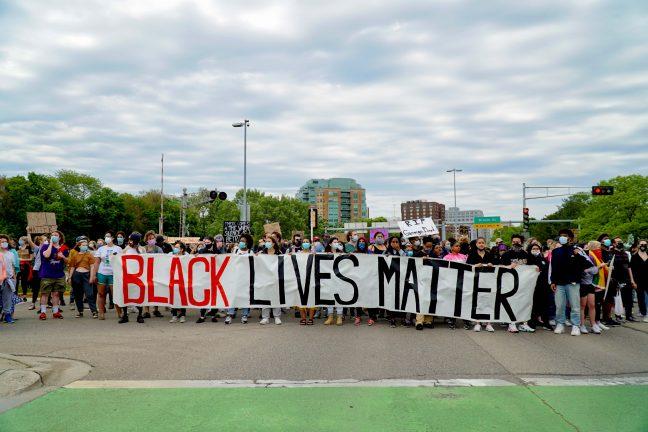Aug. 25, 17-year-old Kyle Rittenhouse illegally carried weapons across state lines from Illinois to Wisconsin.
He showed up at a Kenosha protest in the wake of the shooting of Jacob Blake and killed two protesters. While facing two felony homicide charges in addition to charges of attempted homicide, possession of a dangerous weapon under the age of 18 and reckless endangerment, Rittenhouse posted his $2 million bail and authorities released him from holding facilities on Nov. 20.
The next day, Rep. Anthony Sabatini, R-Florida, tweeted “Kyle Rittenhouse for Congress.”
This is not the first time GOP members have endorsed white supremacists who ignore law and order. Not long after Rittenhouse murdered two protesters, The Hill reported that Rep. Thomas Massie, R-Kentucky, praised Rittenhouse for showing restraint. Then, weeks later during a presidential debate, President Donald Trump refused to condemn white supremacists and instead told them to “stand back and stand by.”
The GOP’s explicit endorsement of or utter silence when asked to condemn white supremacy is dangerous for the country. According to a Department of Homeland Security report, white supremacists remain one of the deadliest domestic terrorist groups and pose lethal threats to national security.
Starting with Trump — telling white supremacists to simply “stand down and stand by” means they should prepare to fight, an extremely militaristic use of terms. Trump may claim to be a president of law and order but his words say otherwise.
As representatives of the American people, Massie and Sabatini certainly do not represent all people but do represent white supremacists, ultimately inciting violence, hate and division by endorsing Rittenhouse.
If Trump and congressmen like Massie and Sabatini continue to support white supremacy, racial equality will never be achieved. Though as citizens, their words are protected by the First Amendment — as lawmakers, their beliefs carry much more weight and can have dangerous consequences. In turn, their rights to freedom of speech have more serious implications.
At the University of Wisconsin, Chancellor Rebecca Blank has openly stated that the university supports diversity, equity and inclusion, though no practical and institutional changes have been made.
This is because Blank is not listening to BIPOC students’ voices. In a petition started several months ago, BIPOC students listed ten demands directed at university administrators including Blank, none of which have been met.
One notable demand is to “improve the support system for marginalized students on campus.” This is especially important amid the COVID-19 pandemic and transition to remote learning, whether it is increased academic advising or mental health support for those who have been disproportionately impacted.
But, in the current academic and mental health support system on campus, there is no particular support for marginalized students.
Last year, posters of “UW 4 whites only” appeared on campus. Almost a year later, the demographics of the student body and faculty have seemingly remained the same. This shows that UW, regardless of Blank’s statements, is willing to embrace its status quo rather than take action to become a truly progressive institution.
Empty words will not improve BIPOC students’ campus experiences for the better, but reinforce the school’s willingness to maintain its status quo as a predominantly white university.
Ken Wang (hwang832@wisc.edu) is a sophomore majoring in political science.


